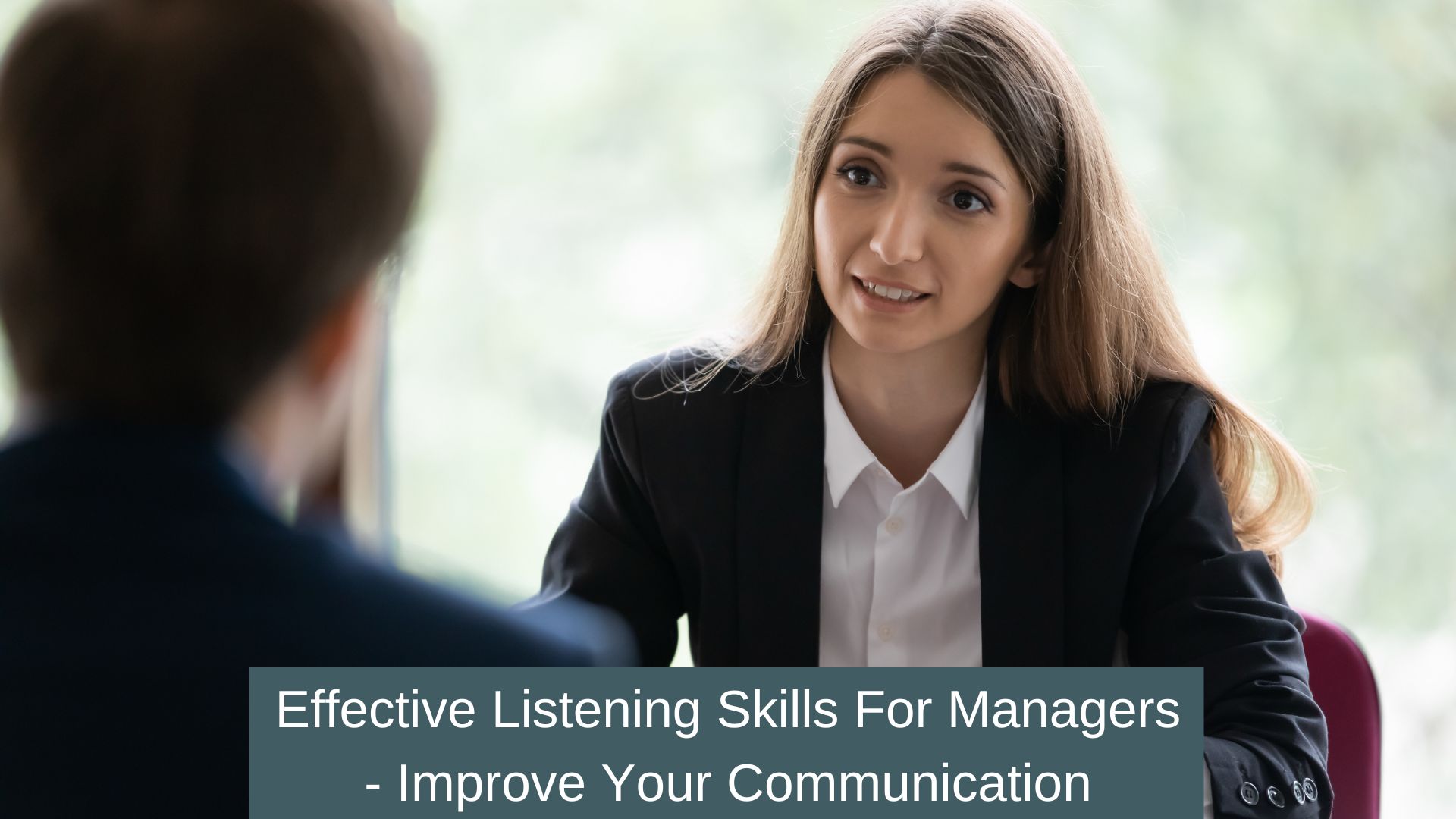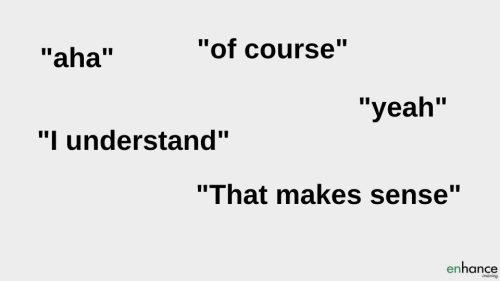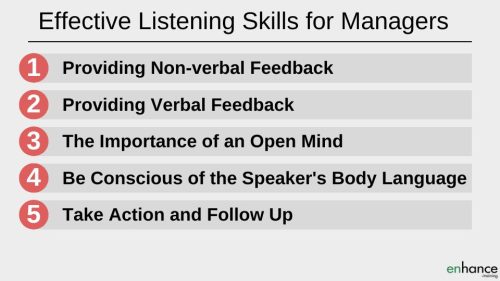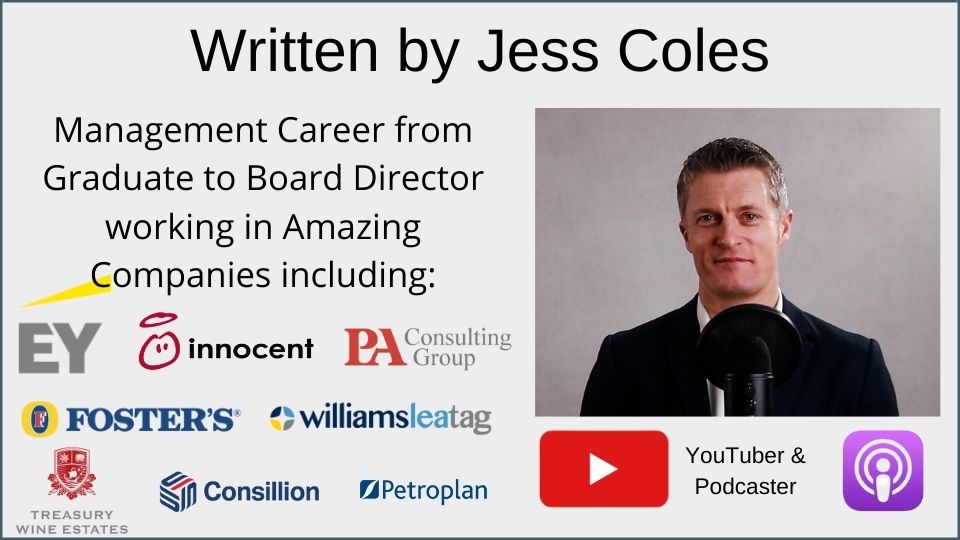Effective Listening Skills for Managers – Improve Your Communication

If more of us used effective listening skills at work and outside work, we would improve the quality of our communication and relationships with others. In any business, ask the employees – what are the biggest problems – and communication is nearly always top of the list. If you think about it, half of communication is how to listen effectively. If you are speaking but no-one is listening – are you communicating?
How many times are you speaking but have the strong sense that the other person is just waiting for their turn to speak, not really taking in what you are saying. How does that make you feel?
Using effective listening skills for managers is an exercise in exerting and increasing your influence on your team and the wider business. Listening is an essential skill to connect with others, to build rapport and to build trust. All essential elements in any relationship and as a manager, a massive part of your job is building and maintaining relationships. Effective listening skills are underrated and under used by far too many people trying so hard to get their own message out.
Effective Listening Skills for Managers
- Providing non-verbal feedback
- Providing verbal feedback
- The importance of an open mind
- Be conscious the speaker’s non-verbal communication
- Take action and follow-up
Improve how you communicate and how quickly you can build trusting relationships through improving your effective listening skills.
Learn and practice really listening to others and they will be a lot more prepared to listen to you. Effectively listening to others, is a very effective way to build trust and get your message heard. If you know more about them, you can tailor your message to them, which improves their ability to understand and take it in.
Watch on YouTube
Listen on Podcast
So, what is effective listening really about. You have after all been listening to others all your life, so you definitely have listening skills. Knowing that, how many times in the last week has someone truly listened to what you were saying.
That feeling that they are 100% focused on what you are saying. Their body language is shouting they are only focused on you, and when they talk or ask questions, they demonstrate they have taken in what you have said.
It is a great feeling as a speaker and yet it is a rare feeling.
Effective listening skills is how you provide feedback to the speaker that you are taking in what they are communicating. I use communicating to mean much more than just the words said.

1 Provide Non-verbal feedback to show actively listening skills
When you are listening, maintain eye contact. Don’t look around or stare towards their face with a glazed look. Actively maintain your eye contact, even when they look away to show you are concentrating on what they are saying.
Use your body language to show you are listening and following what they are saying. Add in small nods of encouragement in the natural pauses of their communication. Hold your body upright, alert and attentive towards the speaker, showing that you want to hear more.
Keep your facial expressions alive and active. Avoid the less mobile often frozen or glazed look we all have when we are thinking about what we are going to say next or whenever we are not really present in the conversation, with our minds elsewhere.
Keep yourself in the present and 100% focused on the speaker.
2 provide verbal feedback to demonstrate effective listening skills
Again, in the natural pauses or at the end of a point made, use short words of encouragement such as uha, yeah, of course, I understand, that makes sense. These words or phrases are short so that we don’t interrupt their flow of thinking and speaking.
Those using effective listening skills at work ask relevant and open questions to
- to demonstrate they are taking in what the speaker is saying and thinking about it
- to ask for the speaker to expand on points made or provide different information so they can better understand the points being made
- to guide the conversation while encouraging the speaker to continue
These questions don’t divert the topic of conversation – they keep it on what the speaker is talking about. These questions are part of the natural back and forth of a conversation. When they ask you questions or wait for you to contribute, keep your answers short and concise and then ask a question to get the speaker to continue with their subject.
Finally, paraphrasing or repeating parts of the conversation and providing short summaries are further ways we can demonstrate to the speaker we are actively listening to what they are saying and taking it in.
To be effectively listening, you must keep the conversation focused on what the speaker is talking about, not what you want to talk about.

3 keep an open mind to improve communication skills
There have been so many times that I thought I understood a situation yet after asking questions and listening, I realised that I was wrong and needed to change my assumptions or the solution that I had in mind.
If you don’t accept that your assumptions or preconceptions might be wrong, no matter how hard you might go through the motions of listening, you won’t take in the full implications of what is being communicated.
Keep an open mind as you listen to others. This massively increases the value of actively listening to others.
4 Be Conscious of the Speaker’s body language when using Effective listening skills
Do they look relaxed or nervous? Are they confident, too confident, or not confident enough? Is their non-verbal communication aligned with their verbal messaging? If not, ask questions to find out why not. I have found some of the worse problems and the best solutions by spotting this behaviour and nicely asking questions until I understood why the verbal and non-verbal messaging was confused.
As you are actively listening to the speaker, also think about what is not being said. What areas are they avoiding that seem odd not to include. Has the speaker communicated their needs or wants clearly? Just remember, the speaker may not be conscious of what they really want or need.
Effectively listening and asking questions can be very valuable in helping them understand what they want.
5 Take action and follow up to show Effective listening skills
There is no stronger message than taking action to demonstrate you have listened carefully, taken in everything they have told you, and considered it. Your action might be to implement their suggestions, agree to their request, confirm their decision or to help or support them with a particular issue.
Even if you are telling them about why you are not doing what they asked or suggested, explaining why and bringing up their points in your discussion is a strong demonstration that you have effectively listened.
further tips to improve your effective listening skills as a manager
Improving your effective listening skills, particularly as a manager, is one of the best time investments I can suggest you make. You learn a huge amount through actively listening to team members and colleagues. I personally love learning and figuring out solutions to problems and have found that developing my effective listening skills as a manager has been absolutely invaluable to become successful as a manager. Everyone one likes talking to those that truly listen to them.
So why do so few people improve their listening skills and become above average listeners?
Effective listening is a choice. We have to actively commit to listening to others. Effectively listening is hard work which is why so many chose to remain average listeners. The good news is that like all skills, effective listening becomes easier with practice. We get better at it and use less energy actively listening for the same benefit.
A good starting point to improve your own effectively listening skills is to make time to listen to yourself. Be aware of your own emotions and responses in every situation you can. What do you fear and what do you want or need?
Building conscious knowledge of ourselves and our reactions gives us better understanding of them and better control over them. With better control, we find it easier to put them aside and be fully prepared to listen to the other person rather than worrying about how to deal with our reactions and sensitivities.
Active or effective listening is all about the other person and making them feel safe and comfortable sharing their thoughts, emotions, and ambitions with you.
In summary
Improving effective listening skills, in my view, is a vital investment to make particularly as a manager. If you don’t listen very well, you will not learn nearly as much, which will make it harder to do your job.
If you don’t effectively listen to your team and colleagues, building trust and productive relationships will be a lot harder and take a lot longer.
Can you afford not to improve your effective listening skills?
Just to recap, we have covered:

And we have touched on tips to improve your active listening skills.





